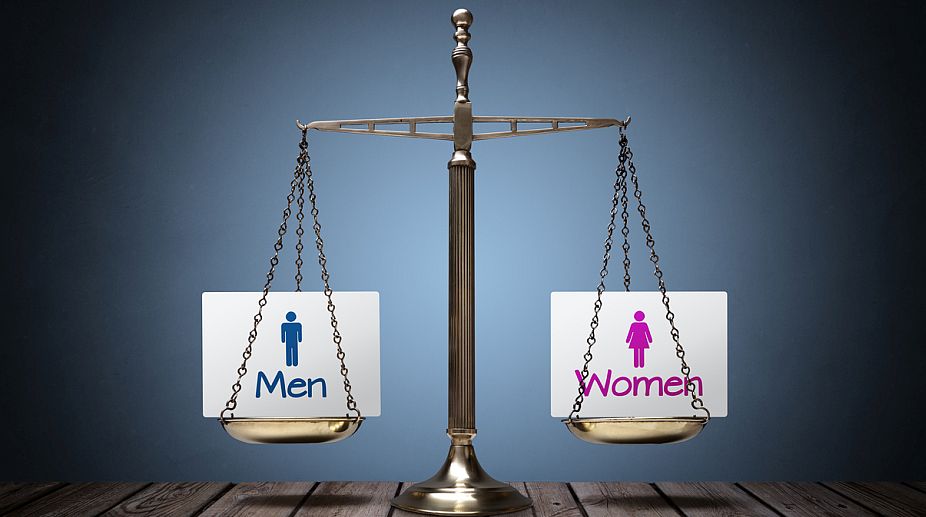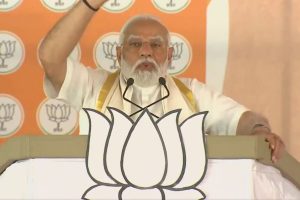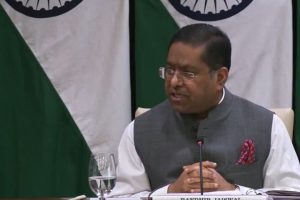The New Zealand government and trade unions on Tuesday joined forces to get women the same pay as men, as official figures showed a 17 per cent gap between mothers and fathers.
On average, fathers with dependent children earned 28.30 NZ dollars ($20.34) an hour, while mothers made 23.40 NZ dollars ($16.82), Xinhua news agency cited Statistics New Zealand as showing.
"The difference between the gap in what mothers and fathers earn, and the 5 per cent pay gap between men and women without children, is significant," the agency's insights manager Stephen Oakley said in a statement.
The negative pay consequences for women with children was internationally referred to as the "motherhood penalty".
International studies cited in the agency's report showed mothers might get less pay than fathers because many women spent time caring for children, which interrupted full-time paid work.
The overall gender pay gap was 12 per cent when last measured in June last year.
Meanwhile, State Services Minister Paula Bennett welcomed an agreement with unions that would see new pay equity principles applied for the first time.
The principles would make it easier for women to file pay equity claims with their employers, and assist employers in addressing those claims, rather than having to go through the courts.
"There will no doubt be things we learn as we apply the new principles in a real life negotiation process. This experience will help to refine and improve the changes to legislation that will be required to formally give effect to the principles," Bennett said.
The first two claims to be progressed under the principles would focus on social workers employed by the Ministry of Social Development and education, behaviour and communication support workers employed by the Ministry of Education.











